TNPSC Books
-
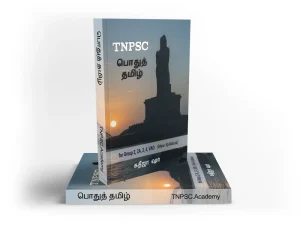 TNPSC பொதுத் தமிழ் Book - for Group 2, 2A, 3, 4 & VAO
TNPSC பொதுத் தமிழ் Book - for Group 2, 2A, 3, 4 & VAO
₹1,000.00Original price was: ₹1,000.00.₹850.00Current price is: ₹850.00. -
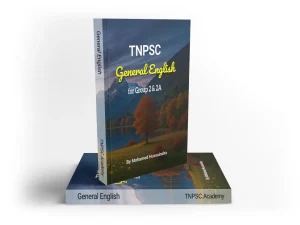 TNPSC General English Book - for Group 2 & 2A
Rated 5.00 out of 5
TNPSC General English Book - for Group 2 & 2A
Rated 5.00 out of 5₹1,000.00Original price was: ₹1,000.00.₹850.00Current price is: ₹850.00.
Group 1 Courses
TNPSC Group 1 - Test Series - 2019
4.7₹3,500.00Original price was: ₹3,500.00.₹2,800.00Current price is: ₹2,800.00. 542Group 1 | Postal and Online Test Series | 2022
₹3,200.00Original price was: ₹3,200.00.₹2,800.00Current price is: ₹2,800.00. 88
Group 2 & 2A Courses
TNPSC Group 2 and 2A - Test Series - 2019 - தமிழ்
₹2,400.00Original price was: ₹2,400.00.₹1,800.00Current price is: ₹1,800.00. 175TNPSC Group 2 and 2A - Test Series - 2019
₹2,400.00Original price was: ₹2,400.00.₹1,800.00Current price is: ₹1,800.00. 527
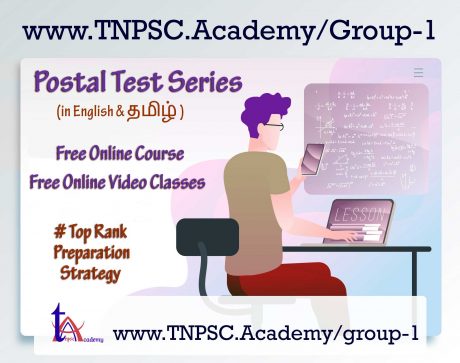
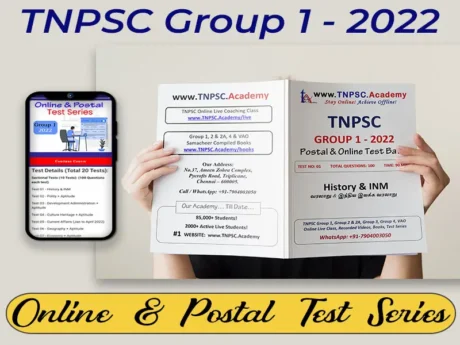
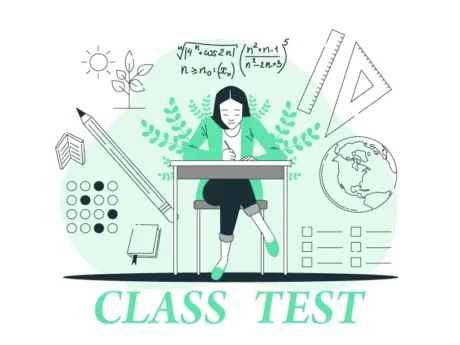
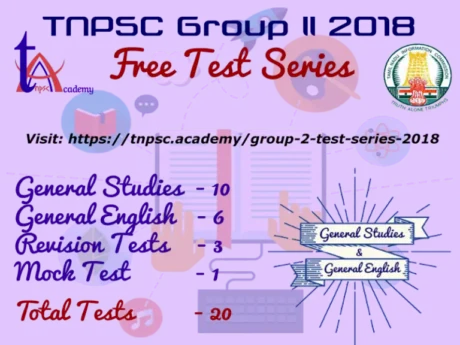
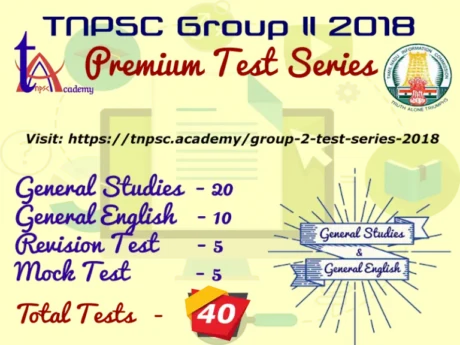
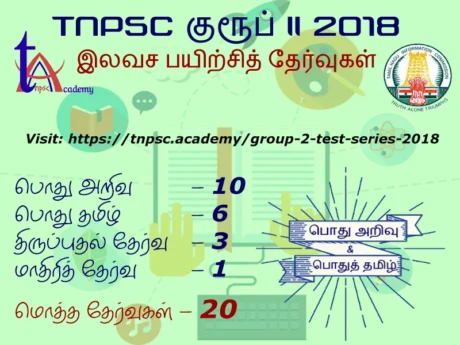
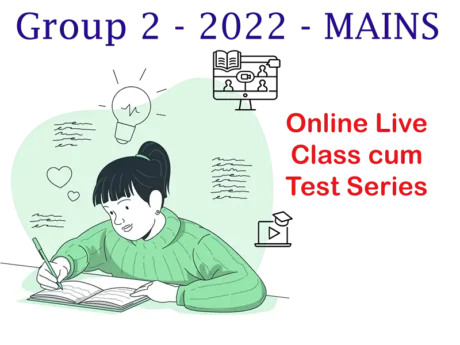
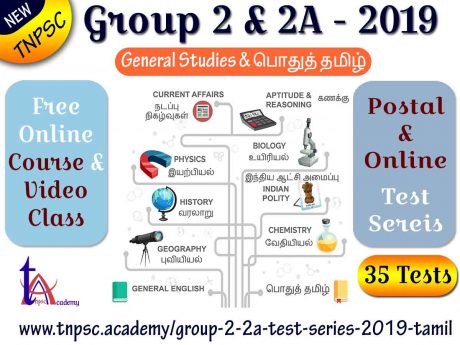
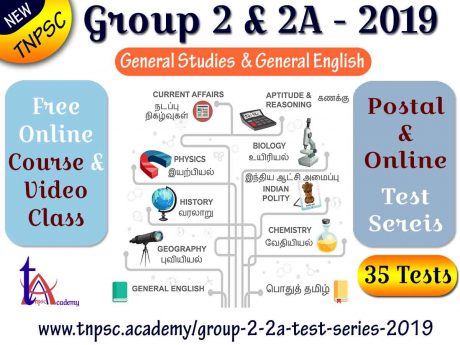
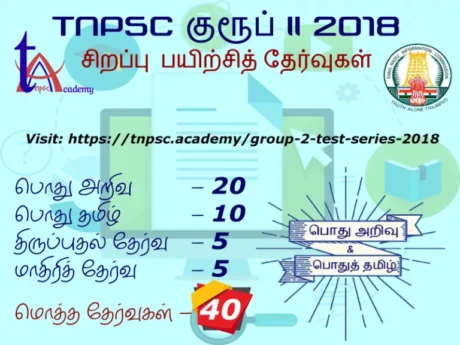
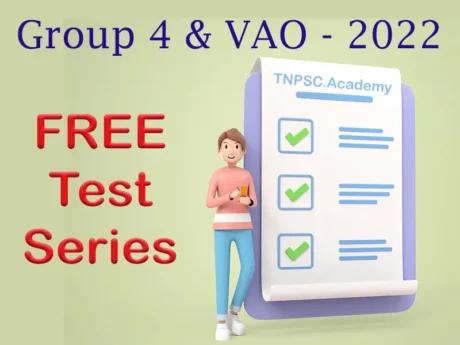
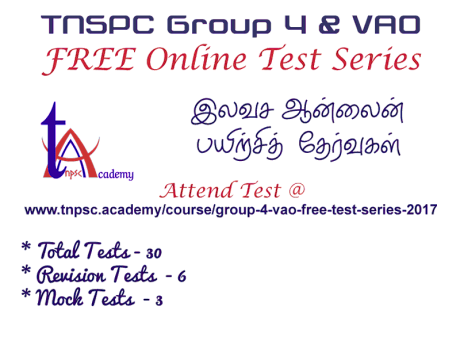
The term, ‘Tense’ denotes the time of action. They show when the work is done.
The English Tenses are: 1. Past 2. Present 3. Future
List of Tenses:
1.1 – Simple Present
1.2 – Present Continuous
1.3 – Present Perfect
1.4 – Present Perfect Continuous
2.1 – Simple Past
2.2 – Past Continuous
2.3 – Past Perfect
2.4 – Past Perfect Continuous
3.1 – Future Simple
3.2 – Future Continuous
3.3 – Future Perfect
3.4 – Future Perfect Continuous
Summary of Tenses:
1 – Present Tense:
2 – Past Tense:
3 – Future Tense:
Basic Things to Understand Tenses:
Affirmative sentence is a type of sentence that expresses a positive statement or confirms something. It is essentially the opposite of a negative sentence.
Singular – If the Subject is Singular – one person, thing, or idea.
Plural – If the Subject is Plural – more than one person, thing, or idea
A negative sentence is a sentence that expresses a denial, contradiction, or negation of something. It states that something is not true or has not happened.
An interrogative sentence is a sentence that asks a question.
1.1 – Simple Present Tense (verb + s/es)
Forms:
Affirmative:
Singular
Plural
I sing.
We sing.
You sing.
You sing.
She/He/It sings.
They sing.
Do I sing?
Don’t I sing?
Do you sing?
Don’t you sing?
Does she/he/it sing?
Doesn’t she/he/it sing?
Note: Except for third person plural affirmative, the structure does not change for negative forms.
When to use Simple Present Tense: (Situations with Examples)
1.2 – Present Continuous (am/is/are + verb + ing)
Forms:
Affirmative
Singular
Plural
I am singing now.
We are singing now.
You are singing now.
You are singing now.
She/He/It is singing now.
They are singing now.
Note: The contracted form of ‘am not’ is aren’t and the contracted form of are not is also aren’t.
When to use Present Continuous Tense: (Situations with Examples)
Note: Verbs of perception and some other verbs are not generally used in the present continuous tense, for example see, smell, hear, taste, know, understand, hate, like, want, wish, etc.
1.3 – Present Perfect Tense (has/have + past participle)
Forms:
Affirmative
Singular
Plural
I have already sung.
We have already sung.
You have already sung.
You have already sung.
She/He/It has already sung.
They have already sung.
When to use Present Perfect Tense: (Situations with Examples)
I have already eaten lunch.
They have recently moved to a new house.
I haven’t seen that movie yet.
Note: We do not use adverbs of time denoting the past tense in Present Perfect Tense.
e.g. Father has returned from Vellore yesterday. (This sentence is wrong.)
Father has returned from Vellore. (This is correct)
1.4 – Present Perfect Continuous (has/have + been + verb + ing)
Forms:
Note: Since is used for a point of time; For is used for a period of time.
When to use Present Perfect Continuous Tense: (Situations with Examples)
To express an action in a sentence which begins with for how long or since when
To express an action that began sometime in the past and has been just completed. However, its result is visible in the present.
General English Book
TNPSC Group 2 & 2A - Buy Now!
Online Class + Books + Tests
More Details
2.1 – Simple Past Tense (Past form of the tense):
Forms:
Affirmative
Singular
Plural
I sang yesterday.
We sang yesterday.
You sang yesterday.
You sang yesterday.
She/He/It sang last week.
When to use Simple Past Tense: (Situations with Examples)
John played the piano when he was a child.
John used to play piano when he was a child.
2.2 – Past Continuous (was/were + verb + ing)
Forms
Affirmative
Singular
Affirmative
Plural
When to use Past Continuous Tense: (Situations with Examples)
We were decorating the house for the birthday party in the morning.
Yesterday noon, I was eating lunch.
2.3 – Past Perfect Tense (had + past participle)
Forms
When to use Past Perfect Tense: (Situations with Examples)
2.4 – Past Perfect Continuous (had + been + verb + ing)
Forms:
When to use Past Perfect Continuous: (Situations with Examples)
3 – Future Tense
Future time in English can be expressed in the following ways:
(i) Simple Present Tense
e.g. She leaves this evening.
(ii) Present Continuous Tense
e.g. We are meeting the Prime Minister tomorrow.
(iii) be about to
e.g. The train is about to leave the station.
(iv) be going to.
e.g. Prices are going to rise.
(v) by denoting the Principal clause of a conditional sentence.
e.g. If she works hard, she will get a scholarship.
3.1 – Simple Future (shall / will + verb)
Forms:
When to use Simple Future: (Situations with Examples)
He shall not pass the test unless he studies.
They shall complete the task by tomorrow.
3.2 – Future Continuous (shall/will + be + verb + ing)
Forms:
When to use Future Continuous Tense: (Situations with Examples)
3.3 – Future Perfect Tense (shall/will + have + past participle)
Forms:
When to use Future Perfect Tense: (Situations with Examples)
3.4 – Future Perfect Continuous (shall/will + have been + verb + ing)
Forms:
Note: The Forms of Future Perfect and Future Perfect Continuous will be the same.
When to use Future Perfect Continuous Tense: (Situations with Examples)
Note: The less frequently used tense forms are Past Perfect Continuous Tense and Future Perfect Continuous Tense.
* every day
* sometimes
* always
* often
* usually
* seldom
* never
* first… then
* Somethings happens repeatedly
* How often something happens
* One action follows another
* Things in general
* With the following verbs (to love, to hate, to think, etc)
* Future meaning: timetables, programmes
* now
* at the moment
*Look!
* Listen!
* Something is happening at the same time of speaking or around it
* Future meaning: When you have already decided and arranged to do it (a fixed plan, date)
* last …
* … ago
* in 1990
* yesterday
* an action happened in the middle of another action
* someone was doing something at a certain time (in the past) – you do not know whether it was finished or not
* just
* yet
* never
* ever
* already
* so far
* up to now
* since
* for
* recently
* you say that something has happened or is finished in the past and it has a connection to the present
* action started in the past and continues up to the present
* all day
* the whole day
* how long
* since
* for
* action began in the past and has just stopped
* how long the action has been happening
* emphasis: length of time of an action
* already
* just
* never
* mostly when two actions in a story are related to each other: the action which had already happened is put into Past Perfect, the other action into Simple Past
* the past of Present Perfect
* how long
* since
* for
* predictions about the future (you think that something will happen)
* you decide to do something spontaneously at the time of speaking, you haven’t made a decision before
* main clause in type I of the if clauses
* when you have already decided to do something in the future
* what you think what will happen
* An action will be in progress at a certain time in the future. This action has begun before the certain time.
* Something happens because it normally happens.
* something will already have happened before a certain time in the future
* emphasis: length of time of an action
Present Tense
Past Tense
Future Tense
Note: PP – Past Participle
General English Book
TNPSC Group 2 & 2A - Buy Now!
Online Class + Books + Tests
More Details